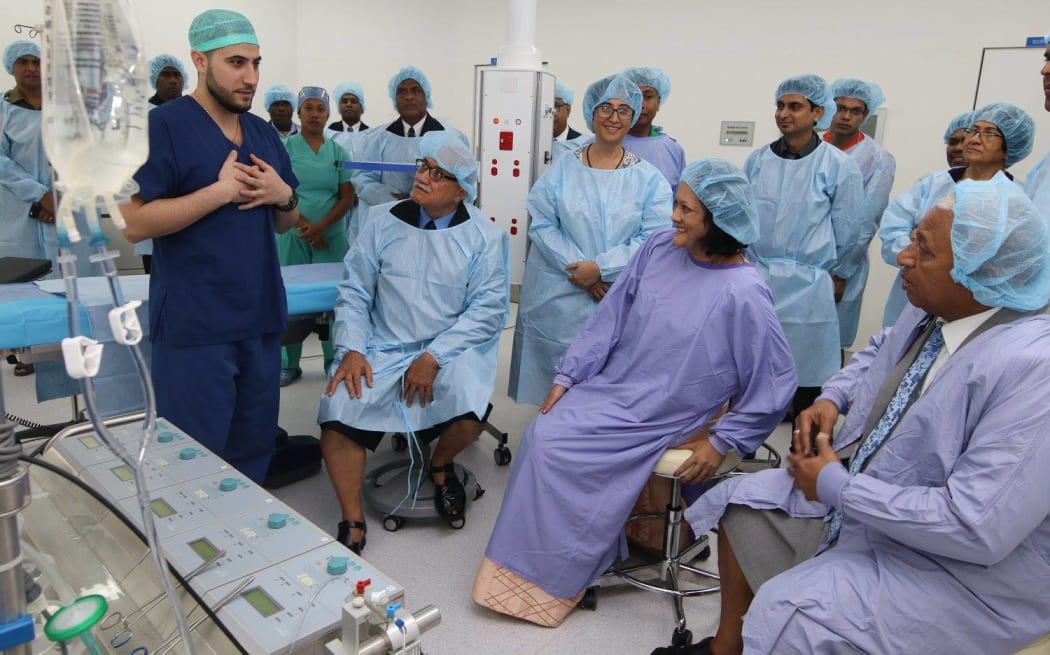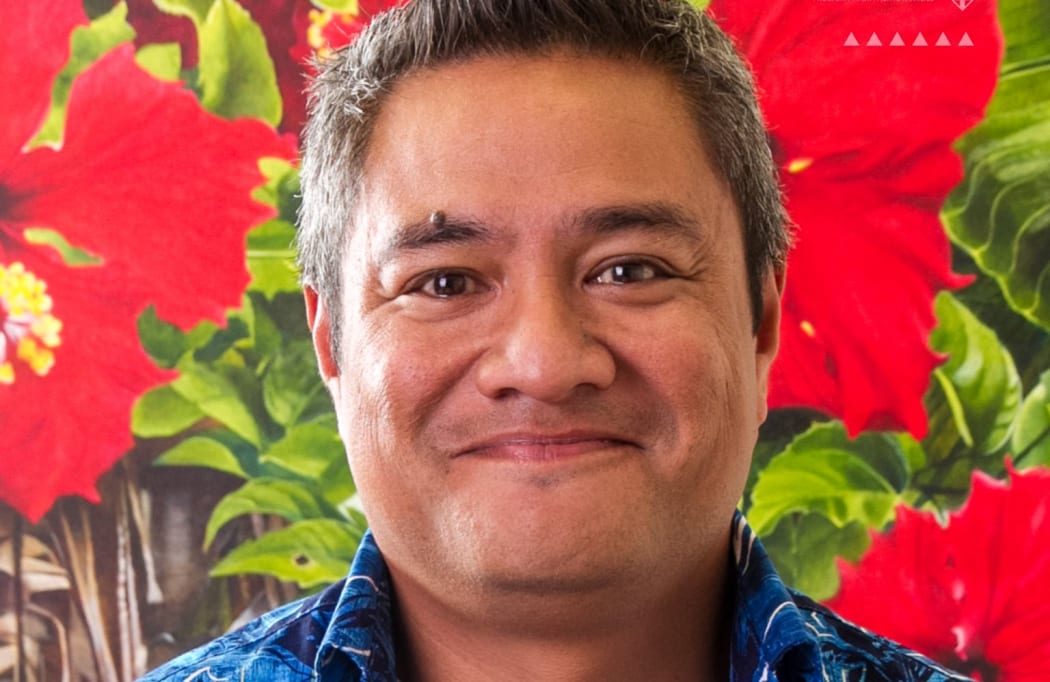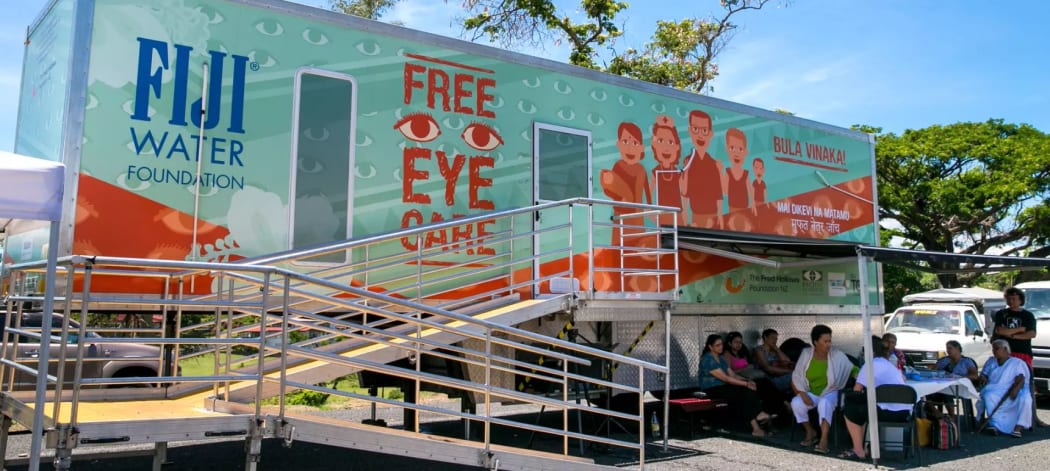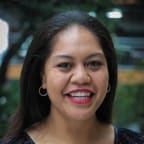People in the Pacific are missing out on life-saving treatments from New Zealand medical staff due to the Covid-19 restrictions such as border closures.

Photo: 123rf
Friends of Fiji Heart Foundation is a New Zealand registered charitable trust, which provides free operations for vulnerable citizens of Fiji who are suffering from valvular heart disease.
Fiji is currently not equipped to perform all the heart operations it needs.
For over a decade now, FOFHF has been sending medical volunteers from across New Zealand and as far as doctors from the UK to Fiji to perform open-heart surgeries, pacemaker insertions and clinics.
Board of trustee member Kirit Patel is based in Auckland and has been with the trust for 14 years.
"We've got two segments - our main team goes to Fiji once a year and then we have a team of pacemakers who visit twice a year and the trips are around two weeks," he said.
"On average we do around 25 operations and the pacemaker do 20-25 installations and it would check on at least 250+ people.
"It's a huge undertaking. We take about 70-80 medical volunteers from across the board, so surgeons to anaesthetists to theatre nurses and then we must find inventory, making sure they're in compliance and send it to Fiji.
"When we arrive to Fiji, we take over the theatres in the hospital and set up our roster, ensuring that the staff are not only present at the operation, but during the recovery process of all the patients.

Photo: Supplied / FOFHF
Patel said this year's mission was cancelled due to the border closures, meaning patients missed out on life-changing treatment.
"Fiji closed their borders during the year when we planned to go, but also New Zealand, at the time, weren't letting New Zealanders leave the country.
"Also, our medical staff were required here in New Zealand when the first lockdown took place as Covid-19 was the pressing issue.
"Unfortunately, patients in Fiji were left to their own fate with their disease as the treatments we give save lives.
The foundation is hopeful they will be able to travel next year to resume their mission.
"Right now, we are waiting for Fiji to let us know when their theatres are available for us to come use and then we will begin organising a team.
"We have an arrangement with the Ministry of Health in Fiji to allow us to go there next year," Patel said.
The Pasifika Medical Association often prepares a medical assistance team (PACMAT) to be deployed to the Pacific when a disaster strikes, upon the New Zealand's government request.
Their most recent deployment was earlier in the year to Samoa because of the measles outbreak.
"What our work means is it allows local clinicians who have been affected by the disaster to have a rest because often when you have a disaster, clinicians could be working 18-20 hours a day, so the role we play is to support them by letting them go and support their own families," Deputy CEO Taulapapa Wilmason Jensen said.

Deputy CEO of Pasifika Futures, Wilmason Jensen Photo: Pasifika Futures
With cyclone season in the Pacific approaching, Jensen says the planning process has been more extensive due to the Covid-19 pandemic.
"The current disaster we have now is that a cyclone happens, and we can't go over right now because of border closures.
"In the past, we would be given one or two days' notice before departing New Zealand for the islands, but we can't do that now because of the pandemic.
"This time it requires more planning and being prepared for the New Zealand government to ask for our assistance.
"If it were to happen, then we would only travel on the request of both New Zealand and Pacific countries requests," he said.
One of the biggest health challenges in the Pacific is the shortage of trained eye care workers.
The Fred Hollows Foundation train eye doctors, nurses, community health workers and technicians from across the Pacific at their centre in Fiji, but it was difficult this year when the country went into lockdown.

The Mobile Eye Clinic in Fiji Photo: Fred Hollows Foundation
They work to eliminate avoidable blindness in the Pacific by making eye care accessible for all. In many cases, a 20-minute operation can restore sight, or a dose of antibiotics can prevent blindness. Many Pacific people are blind because they can't access eye care.
Programme director Peter Raynes said the training centre and mobile eye clinic had to stop operations.
"We have a training centre in Suva and a close partnership with Fiji's Ministry of Health medical services, so our training serves all the Pacific except for Papua New Guinea.
"During the lockdown in March-April, our academic courses moved online, but the challenge was the clinical placements couldn't continue because all the clinical services moved to emergency only at the time.
Raynes said the pause in services meant that patients missed out on critical services.
"Services such as cataract surgery, diabetic retinopathy, which is the eye condition that is linked to diabetes and can lead to blindness, right to dispensing of glasses - all of these services were put on hold during the lockdown.
"People weren't able to access eye care except for cases of emergency and that leads to a backlog of unseen cases," he said.
After greater controls were placed over both Fiji's community transmission and borders, the training programme and eye mobile clinic has resumed.


